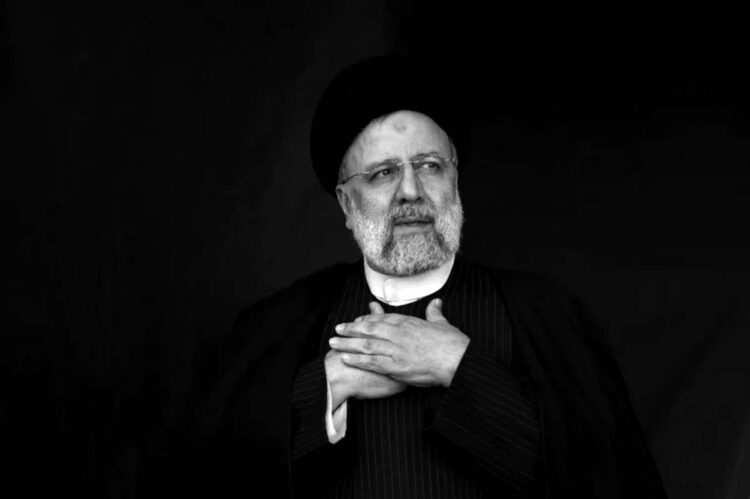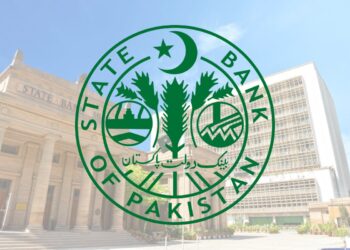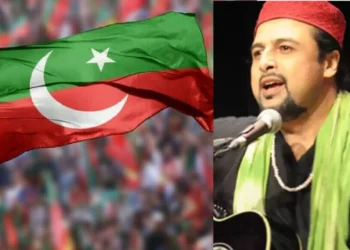Iran’s President Ebrahim Raisi has died in a helicopter crash in a mountainous and forested area during poor weather. Raisi, 63, served as president for nearly three years and was expected to run for re-election next year. He was considered a possible successor to Ayatollah Ali Khamenei, Iran’s 85-year-old supreme leader.
Born in Mashhad, a significant religious city for Shia Muslims in northeastern Iran, Raisi received his religious education at the seminary in Qom, studying under notable scholars, including Khamenei. His black turban signified his status as a sayyid, indicating descent from the Prophet Muhammad, which holds special significance among Twelver Shia Muslims.
Raisi’s career included roles as a prosecutor in various jurisdictions before moving to Tehran in 1985. In Tehran, he was part of a committee that oversaw the execution of political prisoners, according to human rights organizations. He was also a long-standing member of the Assembly of Experts, responsible for selecting the supreme leader’s successor.
In 2014, Raisi became Iran’s attorney general, and in 2016, Khamenei appointed him to lead the Astan Quds Razavi, a wealthy charitable trust managing the shrine of Imam Reza. Raisi first ran for president in 2017, losing to Hassan Rouhani. In 2019, Khamenei appointed him head of the judiciary, where he positioned himself as a justice advocate and anti-corruption fighter, traveling widely to gain popular support.
Raisi won the presidency in 2021 amid low voter turnout and the disqualification of reformist and moderate candidates. His presidency was marked by strong rhetoric against Israel, the United States, and their allies. Since the outbreak of the Gaza war in October, Raisi frequently condemned Israel’s actions against Palestinians, calling for international intervention and promising revenge for attacks on Iranian interests in Syria.
Raisi supported Iran’s response to Israeli actions, which included launching drones and missiles. He was a staunch advocate for the “resistance” policy against sanctions imposed after the collapse of the 2015 nuclear deal, or JCPOA, from which the US withdrew in 2018. An ally of the Islamic Revolutionary Guard Corps (IRGC), Raisi backed the “axis of resistance,” which includes various political and armed groups supported by Iran across the region. He also supported Syrian President Bashar al-Assad in the Syrian civil war, which resulted in substantial casualties.
Raisi’s death marks a significant event in Iranian politics, potentially affecting the future leadership and direction of the country.


















